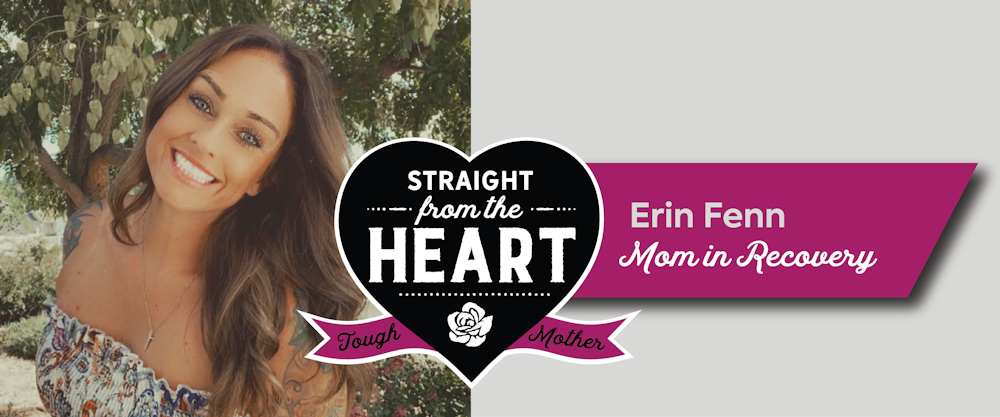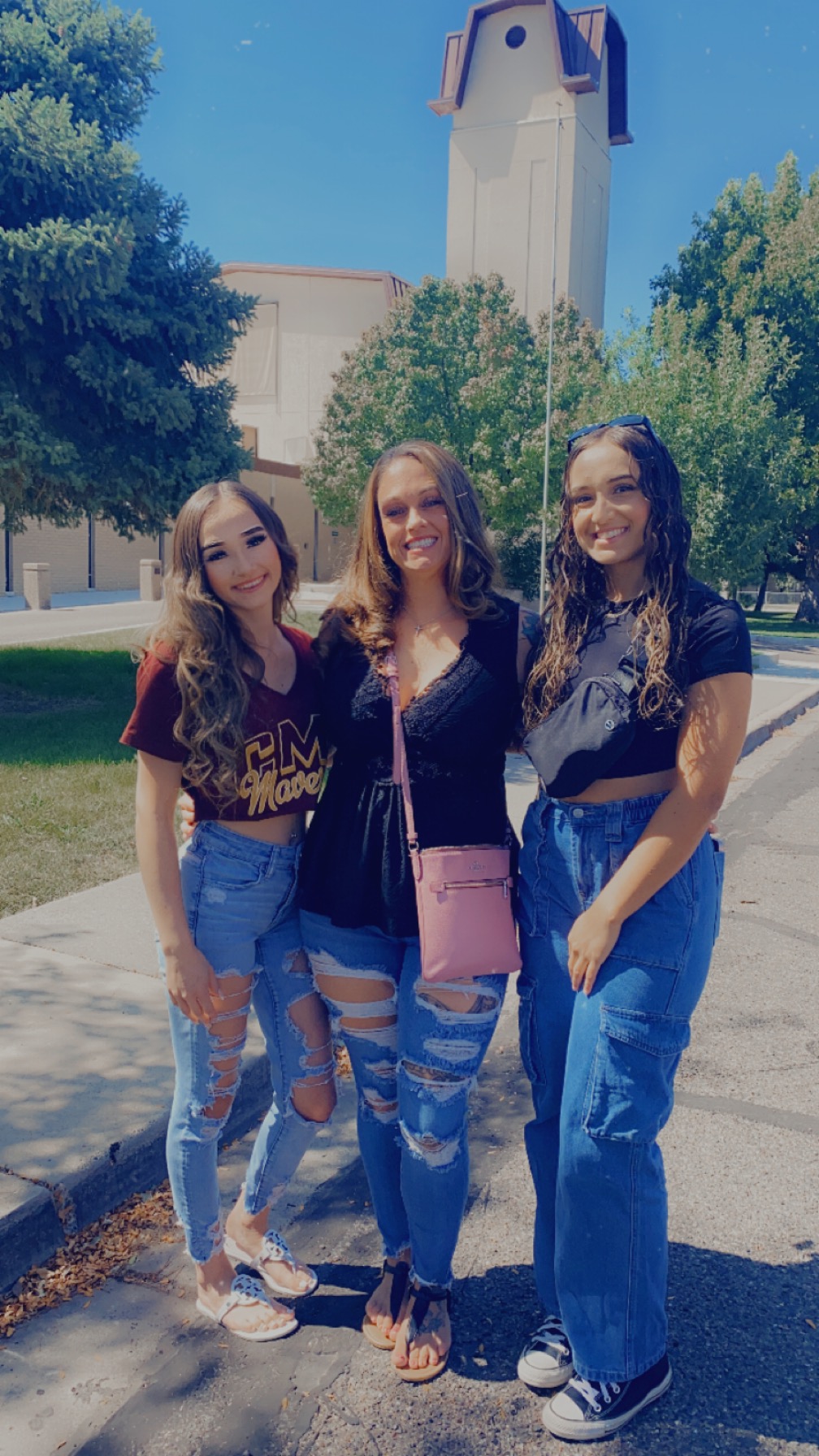
From addiction to advocacy, one mother’s recovery story proves healing really is a family journey.
Erin didn’t use substances in high school. In fact, she became a mother at a young age and grew up surrounded by addiction with her father, but didn’t fall into it herself. That changed in her early twenties. “I got in with a crowd that was not the best crowd,” she shared. “I think I started using substances at about the age of 23. From there it really just took hold of me.”
Her drug of choice was meth. Combined with domestic violence, it led to the removal of her children. “You would’ve thought that would’ve opened my eyes. However, it just did not. Drugs continued to be more important at that time.”
Everything changed in 2012, when Erin was sentenced to community corrections. She spent nearly two years rebuilding her life. “It removed me from the environment, from the people, from the setting,” she said. “I just couldn’t get sober on my own. I tried and I just couldn’t do it. It gave me some structure, it gave me some support — whether I wanted it at that time or not — and it provided me a lengthy opportunity, not just two months or three months like when I went to treatment.”
That time, and distance, made all the difference. Erin found employment, began to rebuild family relationships and started her education. Several weeks ago, she graduated with a Master’s degree in addiction counseling.
Today, she works at Collaborative Trauma Solutions in Montrose, supporting other families impacted by mental health and substance use. “It’s not easy work, but it’s what fuels me. It’s what I am passionate about and I just want to be a part of instilling hope in others.”
But her path hasn’t been easy.
Her children were removed when she was still in active use. “Something pretty intimate about that experience that not a lot of people know about me is that my mom was the one that made the report to DHS,” Erin shared. “She was just fearful.” Her mother later adopted Erin’s three oldest children. “It was with the understanding that we were just needing to protect them, that we wanted what was best for them.”
When asked what shaped her recovery, Erin answered with one word: “Tired. I was tired.” She also had close friends who had taken different life paths but never gave up on her. “They distanced themselves from me, but they never truly left my life. They were always there cheering me on.”
Recovery became real when she began giving back. “I think my recovery strengthened immensely when I started giving back in the areas that I was familiar with, when I started engaging with other individuals and when I started to recognize the importance of sharing my story. That's been super powerful. I mean, even for me today, it's pretty powerful.”
Therapy has been another constant. “I still go to therapy today. It’s just a way for me to maintain my recovery. Of course, things come up.” She’s quick to remind people that staying sober isn’t just about abstaining, it’s about healing. “I have to make that choice every day.”
Today, Erin’s relationship with her children is strong. Her three youngest live with her, and her oldest son is 28 and newly married. When asked what her children might say about her now, Erin didn’t hesitate: “I think they know I’m resilient. I think they know I’m hardworking, that I don’t give up. They know that I’m present. They know that I’m dependable.”

What would you want providers to know?
She wants providers to understand how critical it is to lead with compassion and to collaborate. “It’s very, very important to remain open-minded… especially if you have a mother that’s using through the pregnancy. Help connect them to resources. That community collaboration is essential.”
And she wants to see more peer voices in care teams. “Include those individuals that have that lived experience… it allows the mamas to connect on a level that’s clear outside of simply being a provider.”
What would you want other mothers to know?
To moms who are still struggling, Erin offers this: “One day at a time. Find that person you can trust. Doesn’t always have to be family. Be present in the moment, break down your days into hours”.
And to those navigating relapse, she’s gentle but real. “It’s okay to have bad days. It’s okay to struggle. Sometimes relapse is part of the process. Your best looks different every single day.”
Above all, Erin hopes mothers learn to put themselves first and stop carrying shame. “What we go through is just a piece of our journey. It is a season in this thing we call life, it’s not our final destination.”
Share this article:





